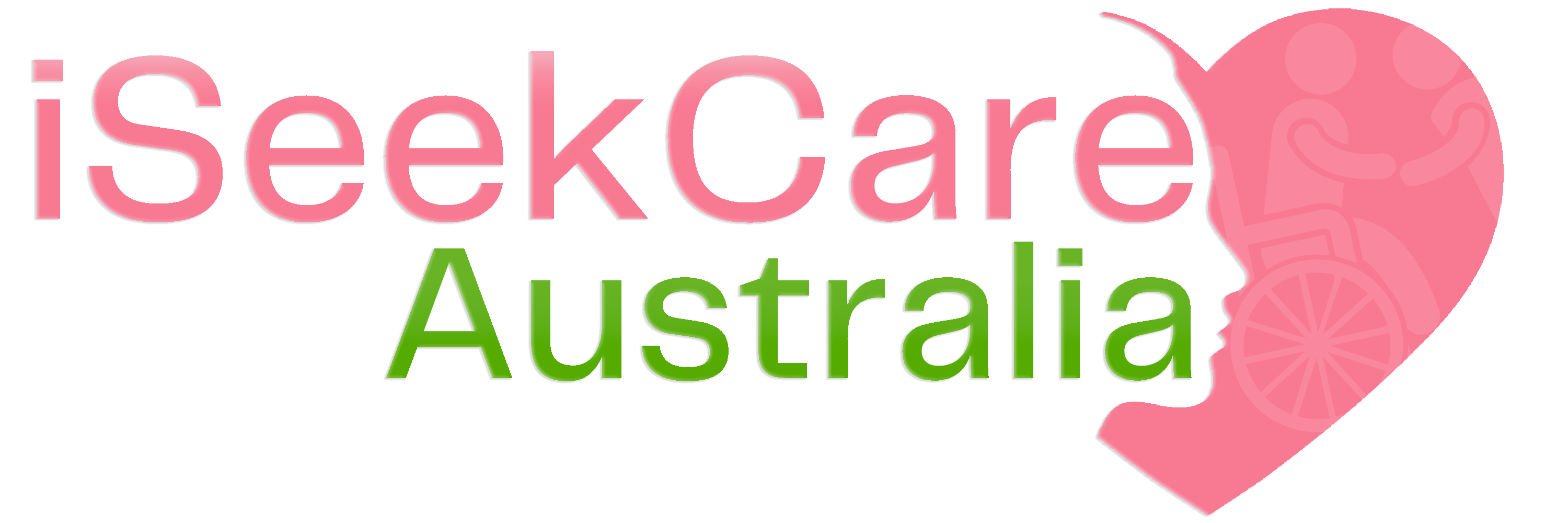Independent Living Arrangements: Managing Money and Property for Participants in Supported Housing
Independent living arrangements can be a great option for individuals with disabilities or mental health conditions who want to live on their own while still receiving some level of support. One common type of independent living arrangement is supported housing, which provides individuals with a place to live and some assistance with daily tasks, such as cooking, cleaning, and transportation. However, managing finances and property can be a challenge for participants in supported housing, especially those who have limited experience with budgeting and financial planning. In this blog post, we’ll provide some tips and resources for managing money and property in supported housing.

1. Create a Budget for Independent Living:
The first step in managing your finances is to create a budget. A budget is a plan for how you will spend your money each month. To create a budget, start by listing all of your income sources and all of your monthly expenses. Be sure to include any bills, rent or mortgage payments, and other regular expenditures. Once you have a clear picture of your income and expenses, you can identify areas where you may be able to cut back or save.
2. Use Online Banking for Independent Living:
Online banking can be a useful tool for managing your finances. Many banks offer online banking services that allow you to view your account balances, track your spending, and pay bills online. You can also set up automatic bill payments to ensure that your bills are paid on time each month. This can be especially helpful if you have trouble remembering due dates or keeping track of paper bills.
3. Seek Financial Counseling:
If you’re struggling to manage your finances on your own, you may want to consider seeking financial counseling. Financial counselors can help you create a budget, develop a savings plan, and reduce debt. They can also provide advice on how to manage your credit and avoid financial scams. Some organizations that provide financial counseling services for people with disabilities include the National Disability Institute, the Financial Clinic, and the National Foundation for Credit Counseling.
4. Understand Your Rights:
As a participant in supported housing, you have certain rights when it comes to managing your property and finances. For example, you have the right to privacy and should be able to keep your financial and personal information confidential. You also have the right to choose your own bank account, and to access your own money when you need it. Be sure to read your lease agreement and understand your rights before signing any housing contracts.
5. Keep Records for Independent Living:
Finally, it’s important to keep good records of your finances and property. This can include keeping track of receipts, bills, and bank statements. You should also keep copies of important legal documents, such as your lease agreement and any contracts with service providers. By keeping good records, you can monitor your spending and property, and identify any issues or discrepancies.
Conclusion:
In conclusion, managing finances and property can be a challenge for anyone, but it can be especially difficult for individuals in supported housing. Furthermore, by following these tips and seeking out resources like financial counselling, individuals in supported housing can take control of their finances and property, and live more independently. Lastly, with the right support and tools, it is possible to successfully manage money and property while living in supported housing.



